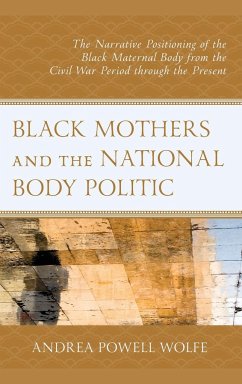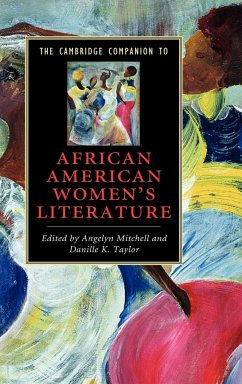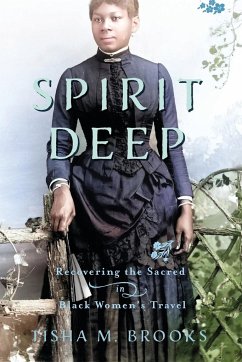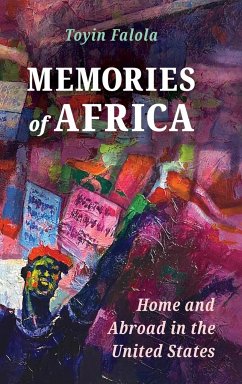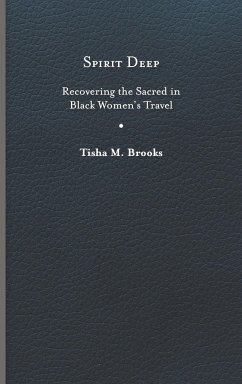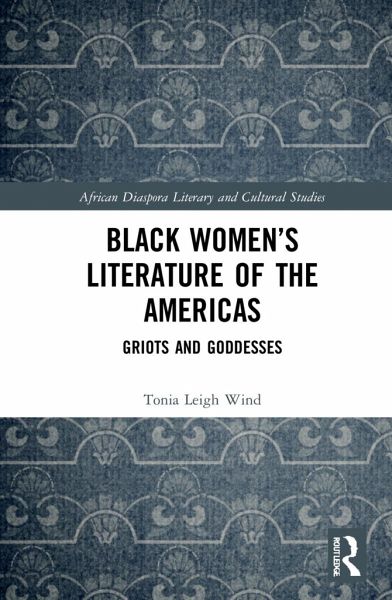
Black Women's Literature of the Americas
Griots and Goddesses
Versandkostenfrei!
Versandfertig in 1-2 Wochen
169,99 €
inkl. MwSt.
Weitere Ausgaben:

PAYBACK Punkte
85 °P sammeln!
Drawing on a range of historical and literary texts, this book examines how Black women under the yoke of slavery negotiated their sense of belonging and spirituality from a liminal position, stuck between a new life in the Americas, and their connections to their African ancestral roots and a wider diasporic community. The book investigates how Black women in the Spanish-speaking Caribbean, the United States, and Brazil turned to their spiritual beliefs as a tool of resilience and resistance. These "griots" and "goddesses" are forced to negotiate complex issues such as race, gender, identity,...
Drawing on a range of historical and literary texts, this book examines how Black women under the yoke of slavery negotiated their sense of belonging and spirituality from a liminal position, stuck between a new life in the Americas, and their connections to their African ancestral roots and a wider diasporic community. The book investigates how Black women in the Spanish-speaking Caribbean, the United States, and Brazil turned to their spiritual beliefs as a tool of resilience and resistance. These "griots" and "goddesses" are forced to negotiate complex issues such as race, gender, identity, maternity, sexuality, and belonging, from a liminal position that looks to both settle roots in a foreign land, and stay connected to ancestors and the Sacred. As these Black female protagonists turn to (re)memory and ancestral knowledge to map their connection with the Divine, they become mediators of worlds, and hybrid griots surpassing temporal and geographical boundaries. With important reflections on Toni Morrison's Beloved, Dahlma Llanos-Figueroa's Daughters of the Stone, and Ana Maria Gonçalves's Um Defeito de Cor, amongst other texts, this book will be of interest to advanced students and researchers of comparative literature, religious studies, gender studies, and African diaspora studies.





